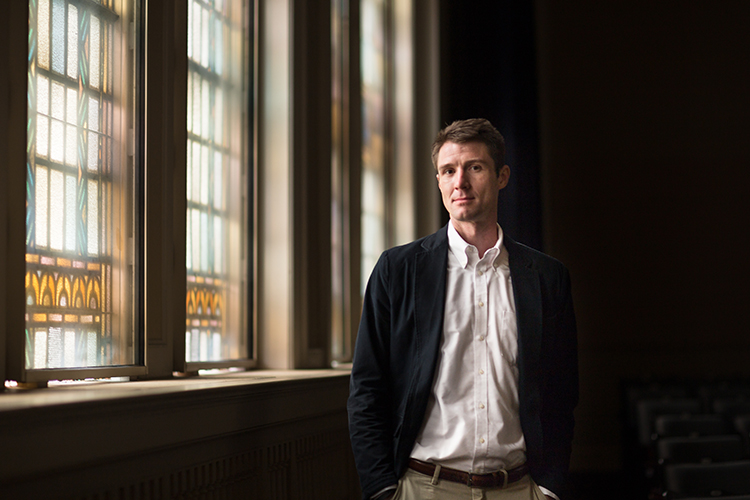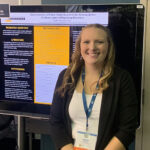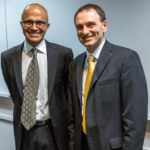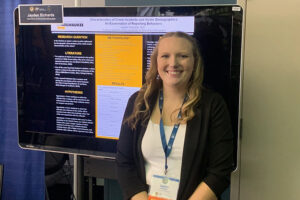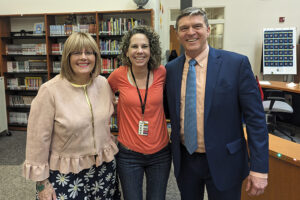Science and religion have been butting heads since the days of Copernicus and Galileo, and it seems especially true in American politics. The conservative right tends to be more religious, while the liberal left tends to embrace science.
However, said University of Wisconsin-Milwaukee sociologist Timothy O’Brien, there’s a third group out there – a portion of the American population that is both religious and scientifically literate. He explores the “post-seculars,” as he has dubbed them, in his recent paper “A Nation Divided: Science, Religion, and Public Opinion in the United States,” published in Socius: Sociological Research for a Dynamic World.
“We were looking at the assumption that science and religion are conflicting sources of knowledge,” O’Brien said. “There is this assumption in the popular imagination that if you’re scientifically oriented you can’t be religious, and if you’re religious you can’t be scientifically oriented. What was found was that it is true to some extent. We found three big groups of Americans based on their attitudes about science, their knowledge about science, and their attitudes about religion.”
O’Brien and coauthor Shiri Noy of the University of Wyoming, Laramie, looked at publicly available survey data and sorted respondents into three categories: The “moderns,” those most familiar with and favorable toward science; the “traditionals,” the most religiously devout and the least familiar with science; and the post-seculars, whose worldviews blend elements of both science and religion.
The next step was examining how each group approached social issues that weren’t directly related to science or religion.
“If we look at the modern group and the traditional group and their political and social attitudes, they differ in virtually every domain of human society,” O’Brien said. “When it comes to criminal justice, they are different. When it comes to families, they are different. When it comes to civil liberties, race relations, sexuality, we see a big schism between these traditionalists and the moderns. As you might expect, moderns tend to hold more liberal or progressive opinions and traditionalists tend to be more conservative or orthodox.”
The wild card is the post-secular group. Embracing both science-oriented and religiously inclined views led them to have unique attitudes toward social issues. They are more conservative when it comes to gender and sexuality but lean progressive when it comes to social justice, civil liberties and education.
“Basically what we have found is that scientific Americans aren’t necessarily liberal. … We also find that religious Americans aren’t necessarily conservative; they are progressive in some domains as well,” O’Brien explained. “The overall finding is that people’s attitudes about science and religion really map onto their socio-political attitudes in a more diverse set of ways than I think people usually acknowledge.”
That’s important because moderns and traditionals make up 70 to 80 percent of the American population, and they vote predictably. It’s the post-seculars who have disproportionate sway in American political elections. They tend to vote Republican, but with this year’s unorthodox election, it’s anybody’s guess.
“I think that both science and religion are inherently political,” O’Brien said. “I think political scientists and sociologists recognize that you can’t seal these institutions off from one another, so it’s hard to talk about the scientific implications or the religious implications of this absent of the political implications.”
That’s true of American politics, but it might not be the case in different political systems, especially in predominately religious societies or governments with more than two major political parties. O’Brien’s next steps will be to examine how science and religion interplay in foreign societies.
